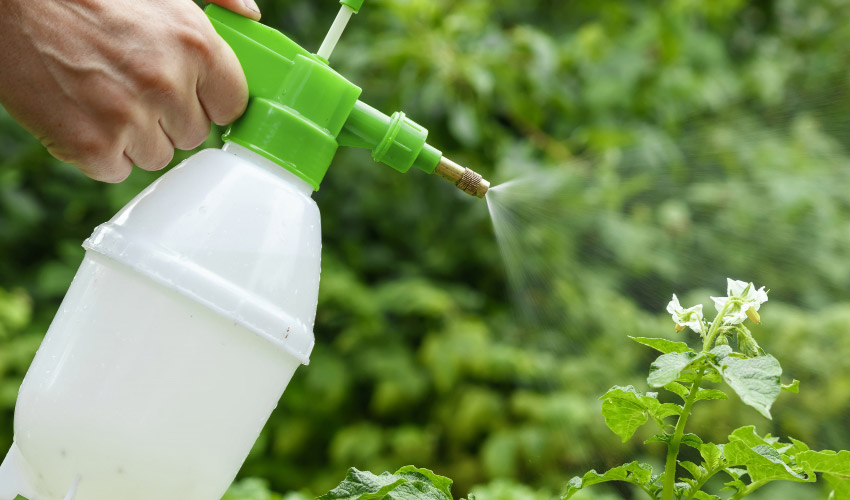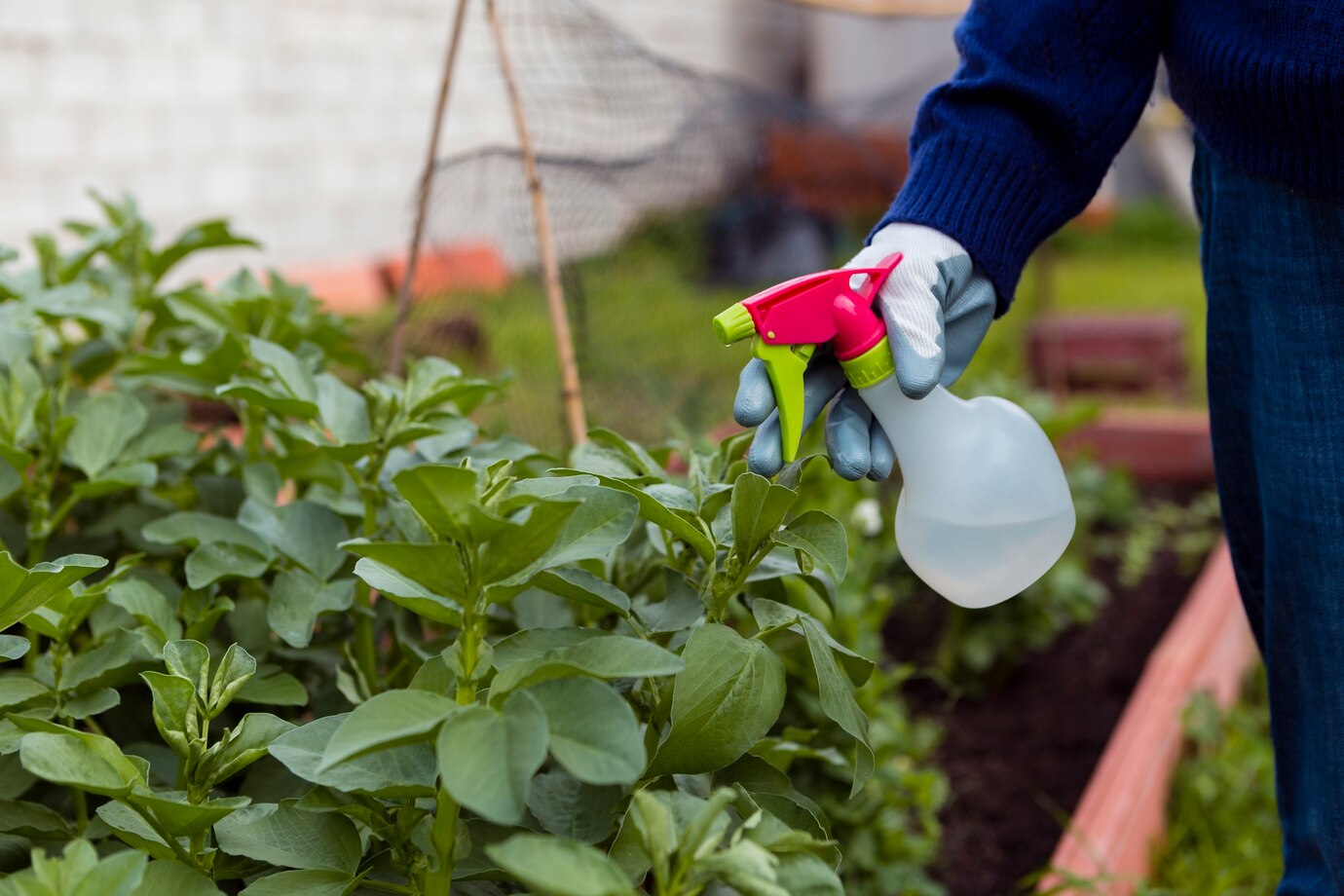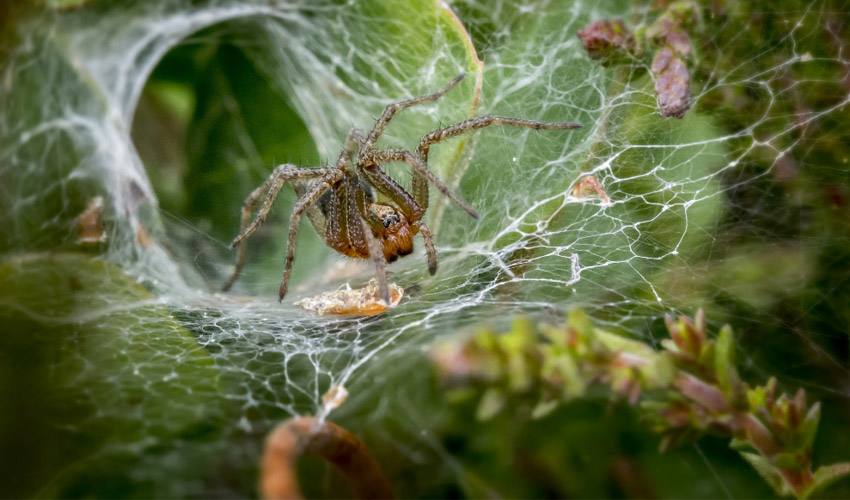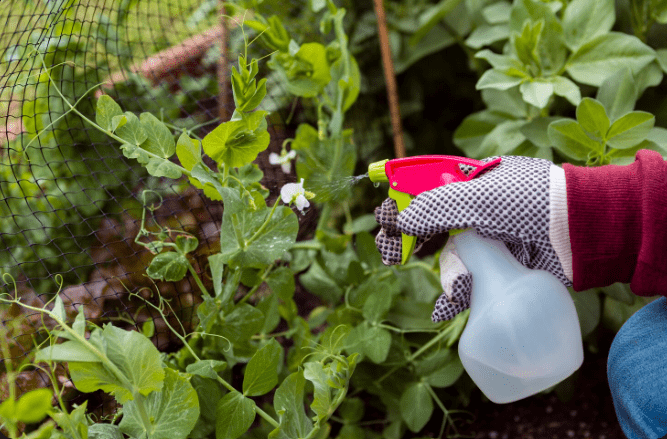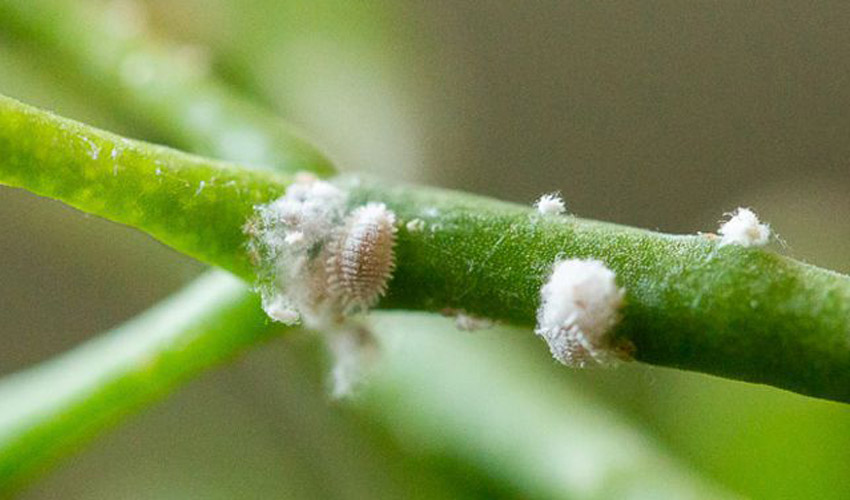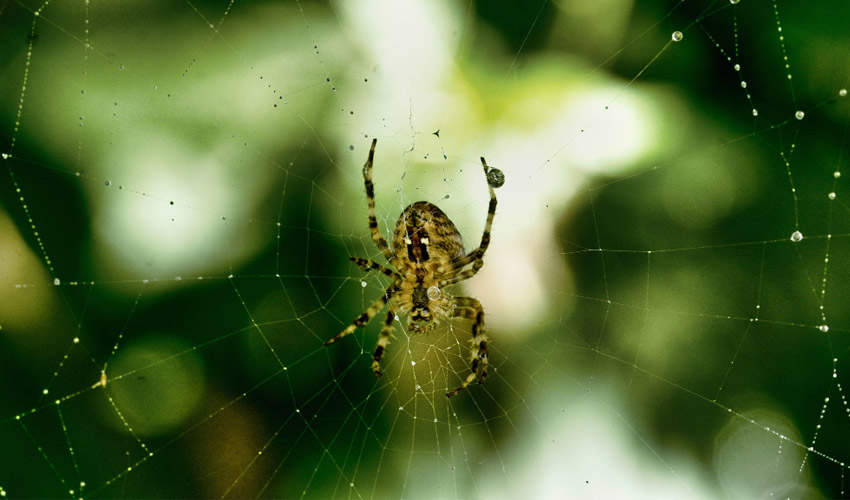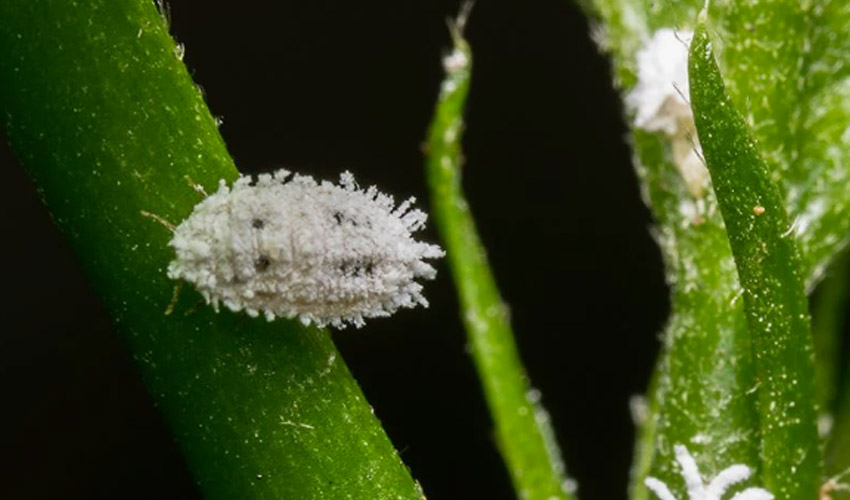Aphids are some of the most troublesome pests you’ll find in the garden. These tiny, soft-bodied insects have a pear-like shape and come in a range of colors, including green, yellow, red, brown, and black. You can identify them by the small, tube-like structures (called cornicles) sticking out from the back of their bodies.
Although chemical treatments are available, you can easily tackle aphids with homemade insect sprays. These DIY solutions utilize common household ingredients and can help stop the infestation from spreading to the rest of your plants.
Table of Contents
ToggleHow to Make a DIY Aphid Spray
Aphids multiply rapidly, and because they’re so small, a severe infestation can take hold before you even notice. If you spot them indoors, they may have entered through tiny gaps around doors or windows, or your houseplants might already be hosting them.
The good news is That Aphids have soft bodies and are relatively easy to manage with natural remedies, such as homemade aphid spray.
1. Garlic and Water Spray
The best homemade aphid spray is made with garlic. Garlic is widely recognized for its strong pest-repelling properties. It’s an excellent natural ally for protecting houseplants. While growing garlic indoors may not be practical, its potent aroma can help keep aphids and other insects away before they settle in.
One simple garlic spray recipe involves blending two cloves of garlic with a quart of water, mixing just a few drops of gentle liquid soap, and straining the mixture. Alternatively, crush a garlic clove into a glass of hot water, let it cool, then strain and mix in a bit of dishwashing soap.
Carefully pour the prepared liquid into a spray bottle and mist it directly onto the affected plants. Reapply every 7 to 10 days, or as needed, to keep pests at bay.
2. Neem Oil Spray
Neem oil is one of the most effective natural treatments for aphids and other common indoor pests. This oil works as an organic pesticide that’s safe for both plants and people.
To create a neem oil spray at home, mix 2 teaspoons of neem oil with 1 teaspoon of gentle liquid soap in 1 quart of water. Shake well and spray directly onto the plants. Neem oil interferes with aphids’ ability to feed and reproduce, ultimately disrupting their life cycle.
Spray the mixture every 7 to 10 days until the infestation clears.
3. Alcohol and Water Spray
Another simple method for getting rid of aphids is to use a rubbing alcohol spray. The alcohol dehydrates their soft bodies, helping eliminate these damaging pests before they can harm your plants further.
To make this spray, combine one part rubbing alcohol with three parts water. Spray it directly to the affected areas about once a week until the aphid population is under control. Be careful when using it on sensitive plants, though—alcohol can dry out leaves, especially if they’re exposed to direct sunlight.
If you’re unsure how your plant will react, consider using a gentler option, such as neem oil, instead.
4. Soap and Water Spray
It may seem simple, but liquid dish soap is an excellent tool for controlling garden pests. It helps by making plant surfaces slippery and suffocating soft-bodied insects, such as aphids.
To make this spray, mix 1 to 2 teaspoons of gentle liquid soap with ¼ liter of water in a spray bottle. Shake well, then spray it directly onto the aphids. The soapy solution breaks down its protective outer layer. For best results, reapply every 4 to 7 days until the infestation is under control.
5. Essential Oil Spray
If you’d rather avoid the lingering smell of garlic or rubbing alcohol in your home, consider using some wonderfully fragrant essential oils that also serve as effective aphid repellents.
The trick is to use high-quality, concentrated essential oils. Combine 4 to 5 drops of rosemary, peppermint, clove, cedarwood, or sweet orange oil with one cup of water in a spray bottle. Shake well and mist the solution generously over your plants. Ensure that you cover everything from the root to the leaf tip.
These strong natural scents are highly unpleasant to aphids. While the spray may eliminate some bugs directly, others will be driven away by the aroma. Additionally, your space will smell fresh and clean rather than chemical-heavy.
Always ensure to dilute essential oils properly, as undiluted oil can scorch plant leaves. Spray every 4 to 5 days until the aphids are gone, then continue using it every 2 to 3 weeks to keep pests away.

